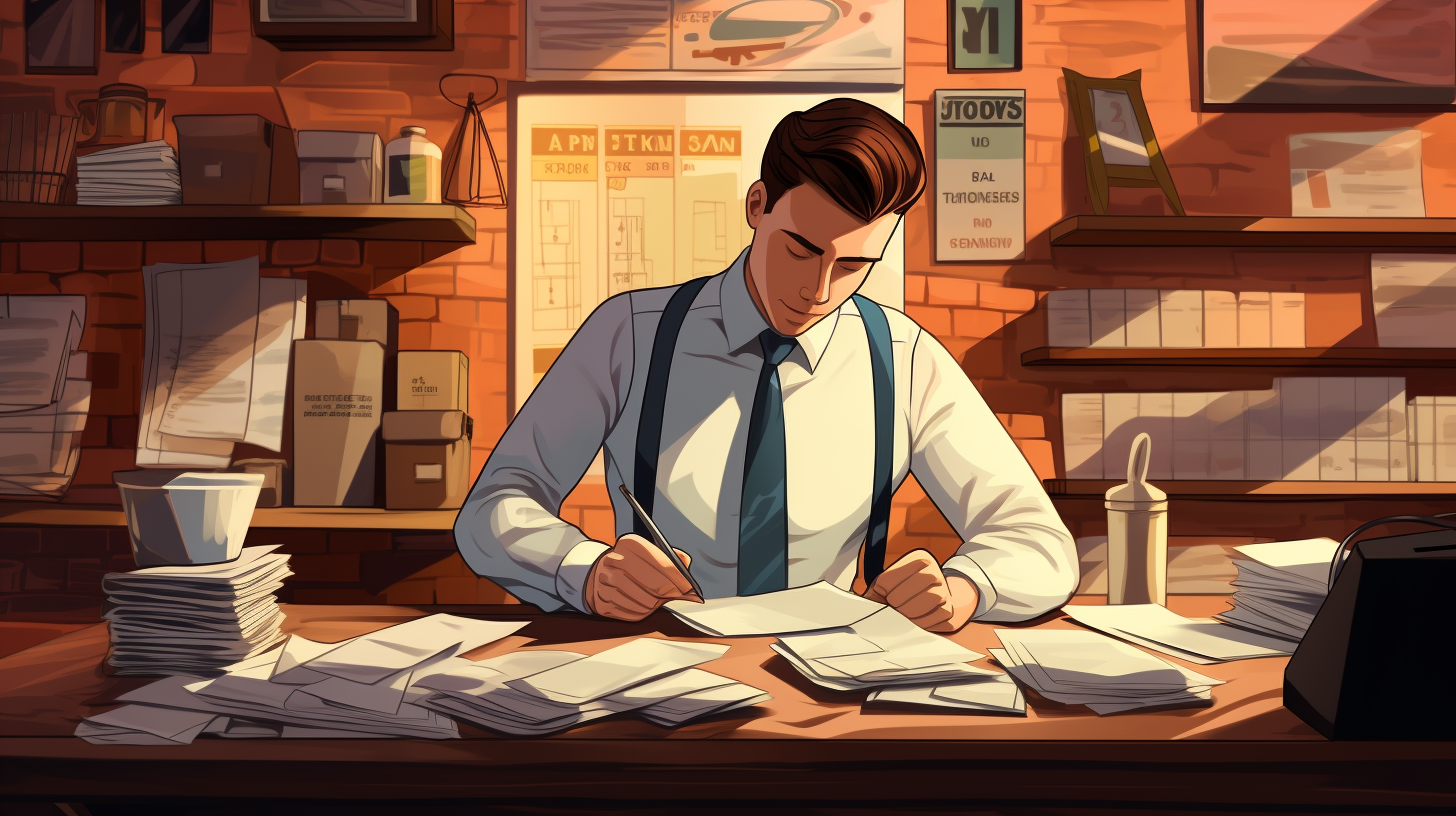-
Employers’ Guide To The Employee Retention Credit Deadline
Are you an employer struggling to keep your employees employed during the COVID-19 pandemic? If […]
-
Are Employee Retention Credits Taxable Income?
Are you a business owner wondering if Employee Retention Credits (ERC) are taxable income? If […]
-
How Long Does it Take to get Employee Retention Credit Refund
Hello there! Are you wondering how long it takes to get an employee retention credit […]

Grow Your Business
Using Our Services
Build a beautiful, modern website with flexible components and
modular pages built from scratch.
Use full Feature
Features we Provide

Creative Solutions
Build a beautiful, modern website with flexible components and modular pages built from scratch.

Financial Strategy
Build a beautiful, modern website with flexible components and modular pages built from scratch.

Marketing Strategy
Build a beautiful, modern website with flexible components and modular pages built from scratch.

Keyword Research
Build a beautiful, modern website with flexible components and modular pages built from scratch.

Web Development
Build a beautiful, modern website with flexible components and modular pages built from scratch.

Restructuring
Build a beautiful, modern website with flexible components and modular pages built from scratch.

25 + Years
About Our Company
Creative vision and digital experience
For those who love videos, animation and motion graphics, we have come up with a new cool project!
- Unlimited sessions
- Amazing photo & video galleries
- Huge color scheme selection
Best Services
What We Are Offering

Startups Business
It is a long established fact that a reader will be distracted by the readable…

Finance & Investing
It is a long established fact that a reader will be distracted by the readable…

Growth Strategy
It is a long established fact that a reader will be distracted by the readable…

Agency Getting Excited From Our Solutions
Lorem ipsum dolor sit amet, consectetur adipiscing elit. Fusce tincidunt pulvinar neque, in scelerisque velit auctor ut. Aliquam nec volutpat erat
Our Experts Team
Foundational pillars of our organization

Startups
Chief Marketing Officer

Justin Hammer
Founder/ CEO

Ashley Hardy
VP Sales and Marketing

Clark Roberts
Chief Finance Officer


